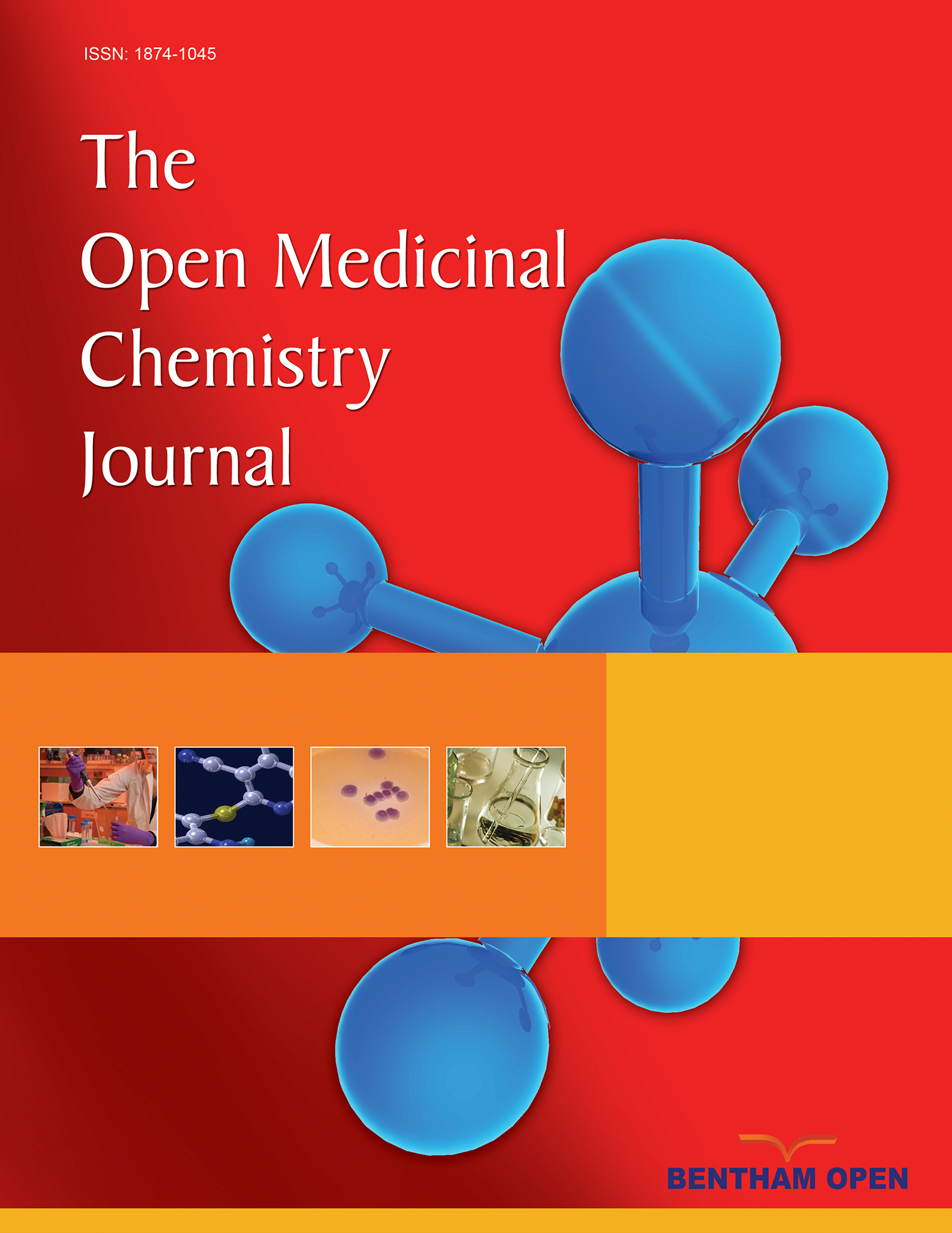All published articles of this journal are available on ScienceDirect.
Glycine Transport Inhibitors for the Treatment of Schizophrenia
Abstract
Multiple lines of evidence indicate that hypofunction of glutamatergic neurotransmission via N-methyl-D-aspartate (NMDA) receptors might be implicated in the pathophysiology of schizophrenia, suggesting that increasing NMDA receptor function via pharmacological manipulation could provide a new strategy for the management of schizophrenia. Currently, the glycine modulatory sites on NMDA receptors present the most attractive therapeutic targets for the treatment of schizophrenia. One means of enhancing NMDA receptor neurotransmission is to increase the availability of the obligatory co-agonist glycine at modulatory sites on the NMDA receptors through the inhibition of glycine transporter-1 (GlyT-1) on glial cells. Clinical studies have demonstrated that the GlyT-1 inhibitor sarcosine (N-methyl glycine) shows antipsychotic activity in patients with schizophrenia. Accordingly, a number of pharmaceutical companies have developed novel and selective GlyT-1 inhibitors for the treatment of schizophrenia. This paper provides an overview of the various GlyT-1 inhibitors and their therapeutic potential.


